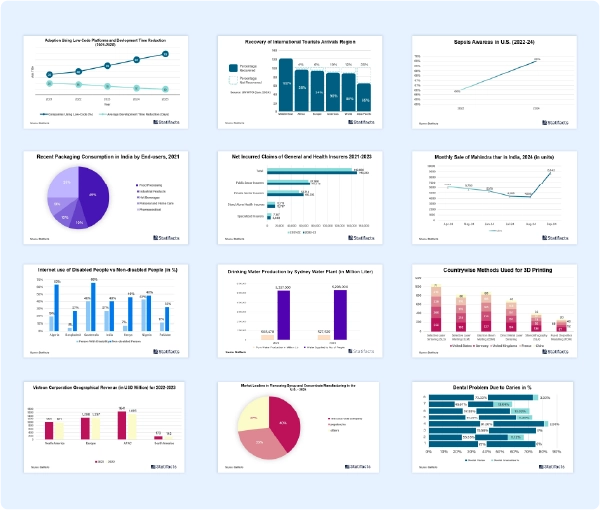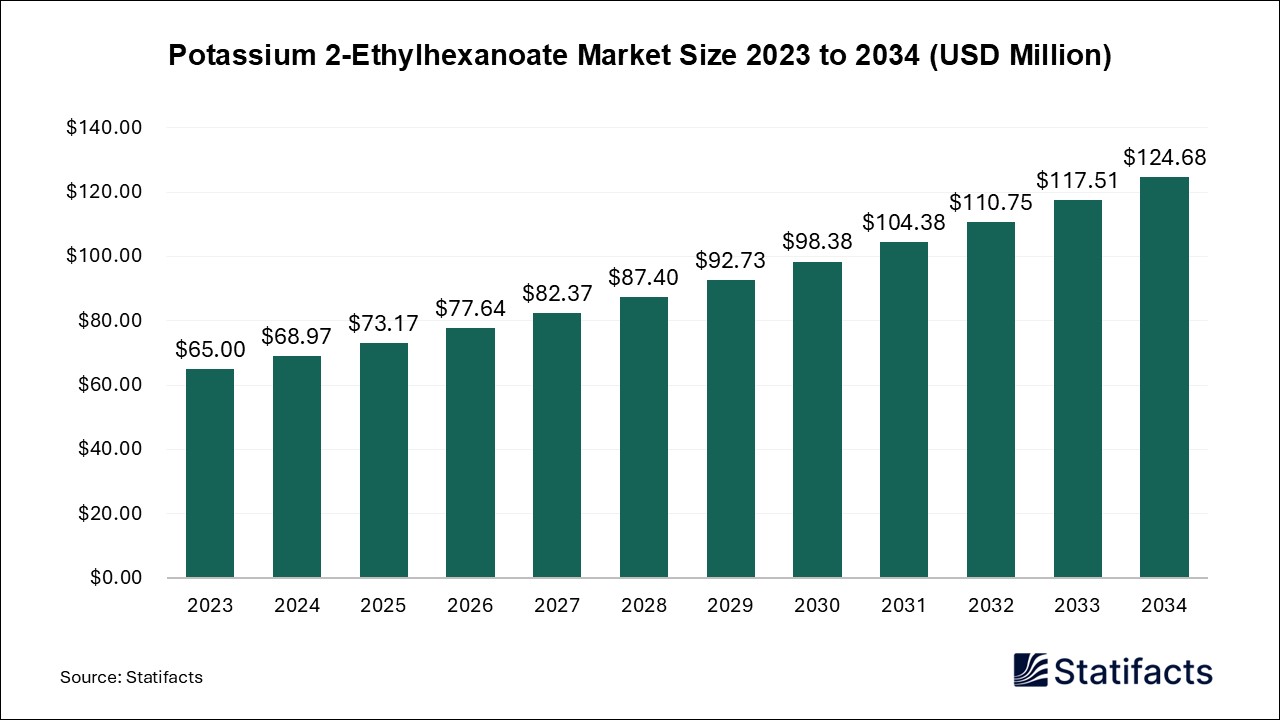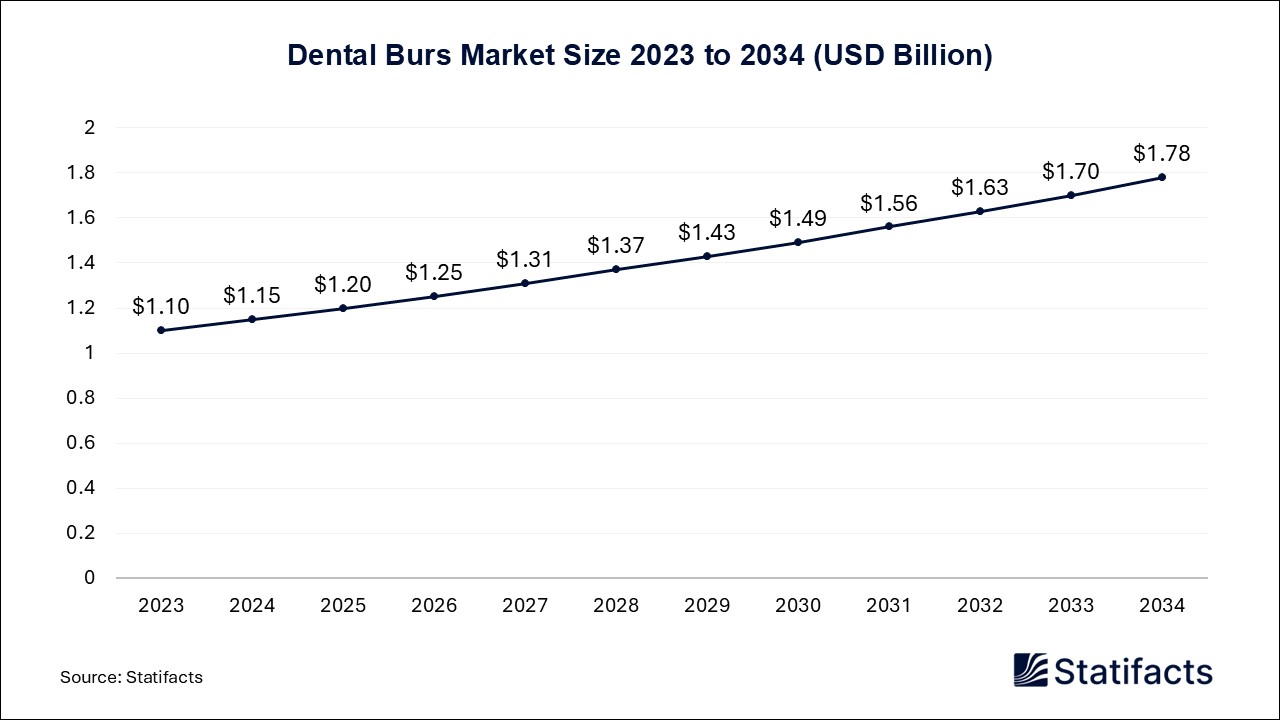

Our customers work more efficiently and benefit from
The global health insurance market size surpassed USD 2,520 billion in 2024 and is predicted to reach around USD 5,190 billion by 2034, registering a CAGR of 7.5% from 2025 to 2034.
The health insurance market is primarily driven by rising healthcare costs and the growing need for hedging against medical emergencies. Coupled with a rising prevalence of diseases, changing lifestyles of consumers, unhealthy eating habits, and rising obesity, the demand in the market is skyrocketing. Also, improving access to the internet and the growing share of senior citizens in the global population are all generating demand in the sector. The market is expected to grow in future years due to increasing consumer awareness about health insurance.
One of the major factors that drives the growth of the health insurance market is the rising global burden of diseases on healthcare infrastructure. The rising prevalence of prevalence of chronic diseases such as cardiovascular diseases, respiratory diseases, neurological diseases, cancer, and diabetes is persuading people to take on health insurance. The growing awareness among people regarding the financial benefits of having health insurance and outreach by insurance providers is driving the growth of the global market.
A global shift in lifestyles is also driving the growth of the health insurance market. Rising obesity rates, increased consumption of tobacco, alcohol, and sugar, and high consumption of processed foods are the major reasons behind the surging burden of chronic diseases across the globe. Rising levels of microplastics in the environment have made their way into multiple food chains. Long-term exposure to microplastics is linked to a higher incidence of different kinds of cancer. Coupled with the increasing cost of healthcare treatments, there is a growing need for health insurance. Increasing financial literacy among the world population, especially in the global south, along with the easy availability of various types of insurance providers, are the significant factors that drive the growth of the market.
The adoption of digital integration and deregulation of insurance schemes in many emerging economies has significantly transformed the health insurance market landscape. The insurance industry is also adopting telemedicine services, online claim processing, and personalized health management tools to enhance the customer experience and operational efficiency. This shift toward the digital not only streamlines the processes but also meets the consumer demand for convenient and accessible healthcare solutions, thereby driving market growth. The easy access to the internet allows people to become more aware of the different insurance policies and claim processes that drive the growth of the market.
The higher number of players competing with each other in the health insurance market is proving to be a major restraint to the growth of individual firms. As competition among firms increases, more players start engaging in price wars. While this makes insurance more affordable for the general masses, it leads to smaller profit margins, slowing industry growth. Stricter government regulation puts pressure on healthcare providers and insurers to keep their plans accessible for lower-income households. The interventions of the government aim to ensure the patient interest but, on the other hand, increase the operational cost of the insurers, affecting their profitability and pricing strategies. The high cost of insurance can lead to customer dissatisfaction, leading to decreased trust, thereby restricting growth in the sector.
Artificial insurance integration is showing a major impact on the market for health insurance by improving the customer experience, enhancing proficiency, and reducing cost. AI-based algorithms are being used to analyze historical data to assess risk more accurately and customize premiums for individuals or groups. artificial intelligence integration helps to improve the assessment and underwriting. AL can identify potential fraudulent claims using the detection algorithms. AI also helps to minimize human errors in claim processing, improving accuracy and customer satisfaction.
The health insurance market is poised for significant transformation, driven by technological advancements, regulatory reforms, and evolving consumer expectations. Insurers are increasingly adopting digital platforms to enhance customer engagement and streamline operations. Additionally, the integration of value-based insurance designs focuses on aligning patient costs with the value of services, promoting cost-effective care. These developments collectively suggest a future health insurance landscape that is more efficient, patient-centric, and technologically integrated.
Published by Laxmi Narayan , March 2025
For any questions about this dataset or to discuss customization options, please write to us at sales@statifacts.com
| Stats ID: | 8071 |
| Format: | Databook |
| Published: | March 2025 |
| Delivery: | Immediate |
| Price | US$ 1550 |


| Stats ID: | 8071 |
| Format: | Databook |
| Published: | March 2025 |
| Delivery: | Immediate |
| Price | US$ 1550 |

You will receive an email from our Business Development Manager. Please be sure to check your SPAM/JUNK folder too.

Unlock unlimited access to all exclusive market research reports, empowering your business.
Get industry insights at the most affordable plan
Stay ahead of the competition with comprehensive, actionable intelligence at your fingertips!
Learn More Download
Download

-Carboxylated-(PVC-COOH)-Market.jpg)